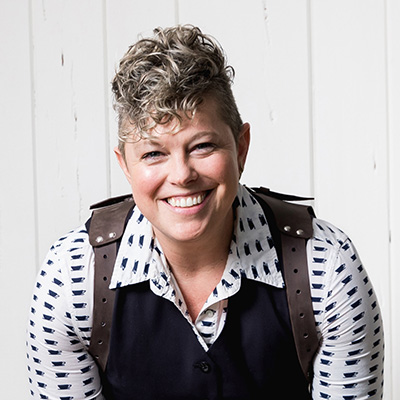In the early 1990s, Kim Bartholomew and Leonard M. Horowitz revealed a model of attachment styles for adults, a four-group model that is generally applied to personal relationships. Your attachment style probably found its foundations in your childhood, though it can change over time. We all may exhibit all four styles at one point or another.
Knowing your style can help you understand why you behave the way you do in relationships across the spectrum of your life. I’ve talked before about how what you do and learn in business can impact your personal life, and that works both ways. Your personal attachment style is likely impacting your business, whether you realize it or not. Understanding your style may help you understand why you have a hard time closing a sale or managing your team members—and what you can do about it.
What is an Attachment Style?
There are four different attachment styles, and they relate to the self and interpersonal interactions in all aspects of life. Which one reminds you of yourself?
• Secure: That sounds nice, doesn’t it? Those who are secure tend to be able to express their emotions appropriately, give and receive intimacy, and draw boundaries. They’re solution-focused. Their outlook on relationships and connection is generally positive, and they’re okay whether or not they’re involved in a romantic relationship. Not that people with a secure attachment style aren’t without their faults and challenges, but this is the healthiest of the styles.
• Anxious-Preoccupied: These people feel more nervous about relationships, and they’re more likely to be needy or jealous. They don’t like being single and may even struggle when they’re not in a romantic relationship, but their dating histories tend to be rich with drama. They often go to a worst-case scenario when evaluating someone’s intentions or words. They need ongoing validation and expressions of acceptance.
• Dismissive-Avoidant: Freedom-loving and self-sufficient, people who have a dismissive-avoidant style prefer to be single and are likely to avoid intimacy—they don’t want to be vulnerable. They put work and other activities before their romantic relationships. You might refer to them as having “commitment issues.”
• Fearful-Avoidant: These people may crave intimacy, but they’re afraid of getting too close to someone and ultimately losing them. They may have a hard time trusting people and tend to push others away. Those who have experienced abuse, abandonment, or grief may be more likely to adopt a fearful-avoidant attachment style.
How It Can Impact Your Agency—and Its Success
People with a secure attachment style will probably be fairly successful in business relationships, too. Of course, you’ll want to pay attention to whom you’re working with, because they may exhibit a very different attachment style than you do. Recognizing that your would-be client is dismissive-avoidant, for example, might give you a clue that she won’t respond well to an excess of follow-up calls—while your anxious-preoccupied employee might need constant reassurance that he’s doing a good job.
Here are just a few examples of how the different attachment styles could influence your business dealings:
• If you’re anxious-preoccupied, you might come across as desperate when trying to earn new business. If someone criticizes your agency or its work on a project, you might get defensive or withdraw from dealing with the person who said it. You might obsess over tiny details of your latest interaction, and fret about layers of meaning in what someone said—layers that may or may not exist.
• If you’re dismissive-avoidant, you may have trouble attracting new business because you struggle with the empathy, vulnerability, and genuineness that today’s consumers want to see. Since vulnerability is key to effective leadership, you might also notice a disconnect between you and the people under your stewardship.
• If you’re fearful-avoidant, you might have a hard time delegating because you don’t trust anyone else to do the job. Or, you could have fear of success.
Working With Your Own Attachment Style
There’s no judgment in recognizing which attachment style you have. We are all products of the experiences that have blindsided us and the choices we’ve made — and the mind and body are geared toward survival. They do what they have to do. Your attachment style is a response to things that have happened to you.
True, being a fearful-avoidant is probably not conducive to a happy, healthy lifestyle over the long term, but the first step is to realize what’s going on under the surface. From there, you can delve into where it came from and work toward a more balanced approach to all sorts of relationships. Understand your weak areas so you can see them coming and work around them before they sabotage your next sale—or your next romantic relationship.
This is something we can address in Agency Leader Transformation Coaching. Together we can discover the roots of your style and see how it’s affecting your agency and what you can do to become more secure. Get in touch.



0 Comments